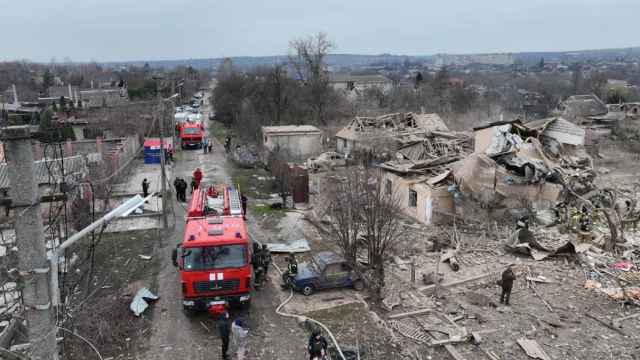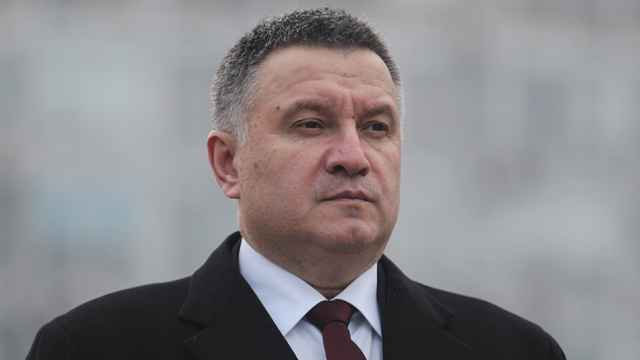Russia has deported a Ukrainian information and communications technology expert on suspicion of collaborating with Kiev's counterintelligence, Interfax reported Monday, citing the Federal Security Service (FSB).
The FSB accuses Oleksiy Semenyaka of receiving orders from the Security Service of Ukraine (SBU). He reportedly confirmed during questioning that he had maintained contacts with and consulted SBU officers on a range of matters.
Russian media identified Semenyaka as an external relations officer for Eastern Europe and Central Asia at RIPE NCC, a regional internet registry nonprofit headquartered in Amsterdam.
The longtime Moscow resident “helps lead the RIPE NCC’s engagement with membership, … law enforcement and other internet stakeholders,” reads his RIPE NCC biography.
The FSB claimed that Semenyaka’s “intelligence and subversive activities were coordinated for a long period by Ukrainian counterintelligence officers,” Interfax reported.
Semenyaka was deported on June 3 “before having time to damage Russia’s external security,” the FSB was quoted as saying.
FSB footage published by the RBC news website shows Semenyaka being detained in broad daylight, signing a deportation order while in custody and then boarding a plane.
Semenyaka, whose work experience includes supervising network projects at Russian internet giant Yandex and creating security systems at major Russian telecom provider Megafon, has been slapped with a 25-year entry ban.
Interfax reported that the FSB thwarted the SBU’s alleged attempt to “remotely destroy data” on Semenyaka’s mobile device during searches. Agents seized electronic devices reportedly containing messages from SBU officers asking for Semenyaka’s help “with the ultimate goal of causing damage” to Russia’s security and interests.
Ukraine has not yet commented on the FSB’s statement.
A Message from The Moscow Times:
Dear readers,
We are facing unprecedented challenges. Russia's Prosecutor General's Office has designated The Moscow Times as an "undesirable" organization, criminalizing our work and putting our staff at risk of prosecution. This follows our earlier unjust labeling as a "foreign agent."
These actions are direct attempts to silence independent journalism in Russia. The authorities claim our work "discredits the decisions of the Russian leadership." We see things differently: we strive to provide accurate, unbiased reporting on Russia.
We, the journalists of The Moscow Times, refuse to be silenced. But to continue our work, we need your help.
Your support, no matter how small, makes a world of difference. If you can, please support us monthly starting from just $2. It's quick to set up, and every contribution makes a significant impact.
By supporting The Moscow Times, you're defending open, independent journalism in the face of repression. Thank you for standing with us.
Remind me later.






